How to Use Aloe Vera for Your Healthiest Hair Yet



Cortney Clift

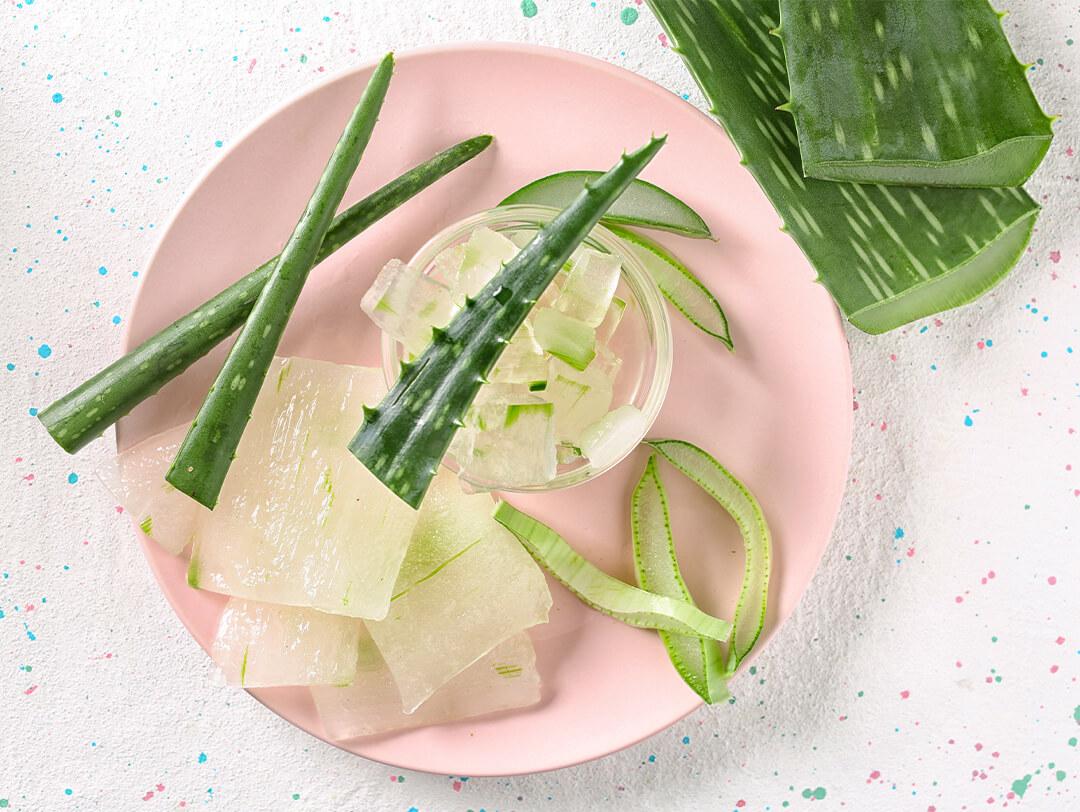
Chances are, aloe vera is one of the first products you turn to when you’ve spent a little too much time in the sun. But aloe's natural benefits go far beyond soothing sunburned skin. Aloe vera gel can do everything from boost digestive health to moisturize skin—but did you know it also has amazing benefits for your hair? "Aloe vera is abundant in vitamins and minerals which are essential for healthy hair. It has a soothing, moisturizing, and protective effect on hair and skin, and rejuvenates hair, giving it elasticity and strength, and preventing breakage," says dermatologic surgeon Dr. Emer, MD.
It's about glam time you treated yourself.
Join IPSY

MEET THE EXPERT
Dr. Jason Emer is a dermatologic surgeon based in Los Angeles. He runs his own practice in Beverley Hills and regularly shares skincare tips and insight into skin treatments on his popular Instagram page.
Have an aloe plant at home? If not, they’re pretty easy to find at your local florist or supermarket. Let’s dive into the various ways aloe vera can be incorporated into your hair care routine.
The benefits of aloe vera for your hair
Below are four of the biggest hair benefits of using aloe vera.
1. It boosts hair growth.
Want thicker, stronger hair? Aloe vera promotes healthy hair growth thanks to a special enzyme found in aloe called proteolytic enzymes. These enzymes effectively break down dead skin cells on the scalp that may clog hair follicles. If hair follicles are blocked with excess sebum, dirt, or dead skin, they won't be able to grow properly. Aloe can also help cleanse the scalp so more nutrients can penetrate the hair follicle, helping hair grow faster and more efficiently.
2. It’s super calming.
Aloe vera is soothing on your skin after a sunburn—and your scalp loves its calming effects, too. "Aloe vera may reduce inflammation and calm itching on the scalp that helps improve symptoms associated with dandruff," says Dr. Emer. "Some research shows that aloe vera is antifungal and antibacterial which also decreases the risk of developing dandruff or a flaky scalp."
Try this DIY scalp-soothing mask: If you're suffering from dandruff, scalp irritation, or an itchy scalp, you can try combining aloe vera with coconut oil to create a nourishing, anti-inflammatory hair mask (more on how to do that below).
3. It’s strengthening, too.
Aloe vera has a similar chemical makeup to keratin, the primary protein found in hair that helps to moisturize, strengthen, and repair damage. The aloe vera plant is also an excellent source of essential amino acids, fatty acids, and vitamins A, C, E, and B-12. Together, these health benefits promote hair regrowth, while keeping hair nourished and well-hydrated. It also helps maintain a strong moisture barrier, which is key to keeping hair strands super strong.
4. It’s cleansing.
Aloe vera has a unique gel texture we love—and thanks to its antibacterial, antiseptic, and healing properties, this makes it a great mild cleanser (especially for sensitive skin types). It helps to naturally wash away impurities while proteolytic enzymes gently remove dead skin cells and flakes from the scalp.
How to use aloe vera on your hair
Now that we've learned more about what aloe vera can do, here’s how you can easily use it.
1. An aloe hair mask
This is probably the easiest way to use aloe on your hair. To create an aloe hair mask, find a ready-made hair mask that lists aloe as an active ingredient, or apply pure aloe vera gel directly to the hair.
If you're focusing on using aloe vera for hair growth or to treat dandruff or seborrheic dermatitis, be sure to really focus it on the scalp area. Spend a few minutes massaging aloe vera into the scalp and let it sit for about 30 minutes to one hour. Tip: Put your hair in a shower cap while you wait (the heat from your scalp will help the aloe penetrate your hair and scalp better).
You can also try blending aloe with coconut oil to create a super nourishing hair mask. "Coconut oil can mask the dryness and control the scalp's natural inclination to produce more oil when it's irritated," Dr. Emer says. Like aloe, coconut oil is packed with antifungal properties which can help combat dandruff and keep the scalp healthy.
If you’re looking to buy a ready-made aloe vera hair mask or aloe vera gel, check out the ingredient list first. Make sure it uses as many natural ingredients (no sulfates or parabens). If you're using aloe vera gel, the only ingredient should be aloe vera. Whenever possible, try to use the gel directly from the aloe plant.
2. Aloe as shampoo
If you're looking to cut down on using traditional shampoo or eliminate it altogether, experiment with using aloe in place of shampoo in the shower. If aloe doesn't get your hair and scalp as squeaky-clean as you'd like, mix it with your shampoo to make it lather. You can also use a conditioner instead—aloe's natural moisturizing properties are a great way to hydrate the hair.
How frequently should you use aloe vera for your hair?
If you're using aloe as a hair mask to improve your overall hair health, apply it one to two times per week. If you're replacing your shampoo or conditioner with aloe, use it two to three times per week depending on your hair type and how often you typically wash it.
Are there any side effects?
There are few side effects associated with aloe vera. Generally, it's considered to be an extremely gentle ingredient that's safe for sensitive skin, too. However, aloe vera allergies do exist. If you haven't used aloe vera before, it's always a good idea to try a patch test first. Apply a little bit to the scalp and a section of hair to make sure you have no reaction.
Love aloe for your hair? Let us know @IPSY!
Want in on all the Glam Bag fun? Take our Beauty Quiz now to get started. And don’t forget to check us out on Instagram and Twitter @IPSY.
Liked this post? Share!
Related Stories
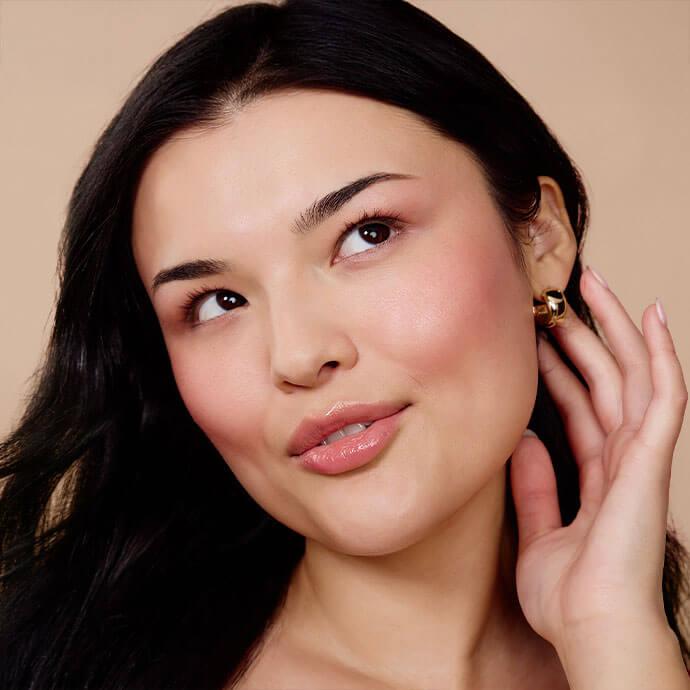
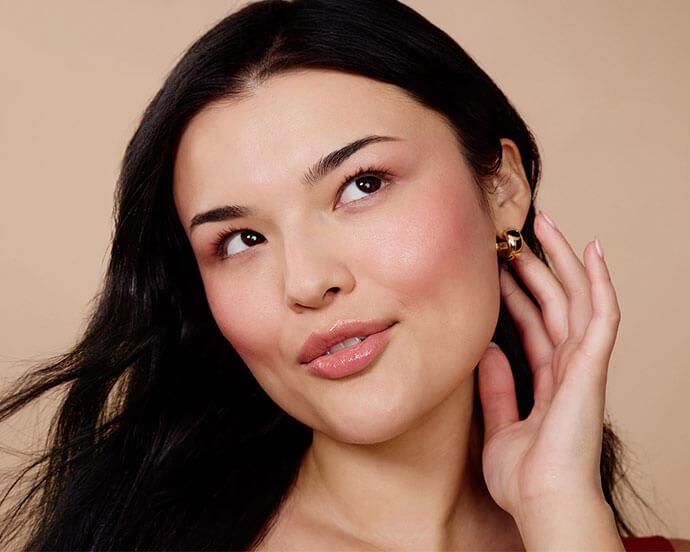
Hair
What It Really Takes to Get Healthier Hair
Published on Jan 22, 2026 • 12 min read
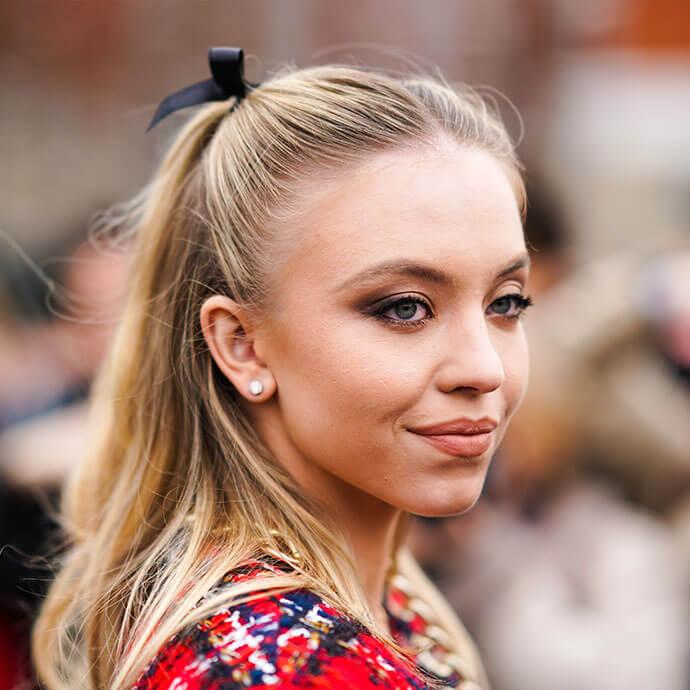
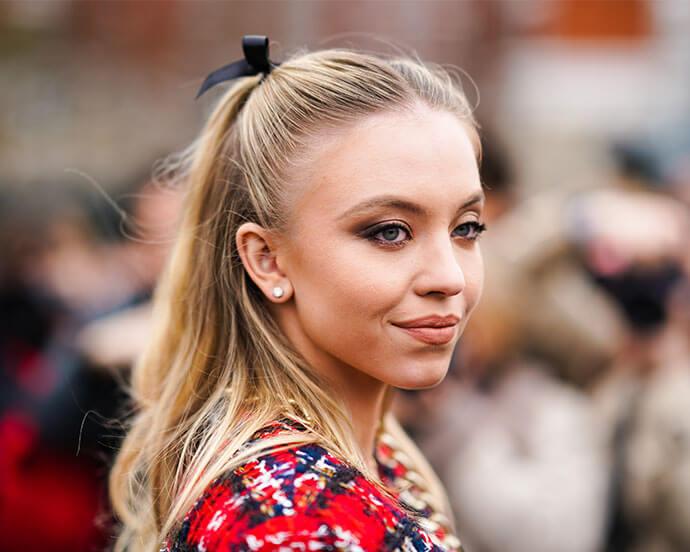
Hair
This Valentine’s Day, Let Your Hair Do the Flirting
Published on Jan 15, 2026 • 12 min read
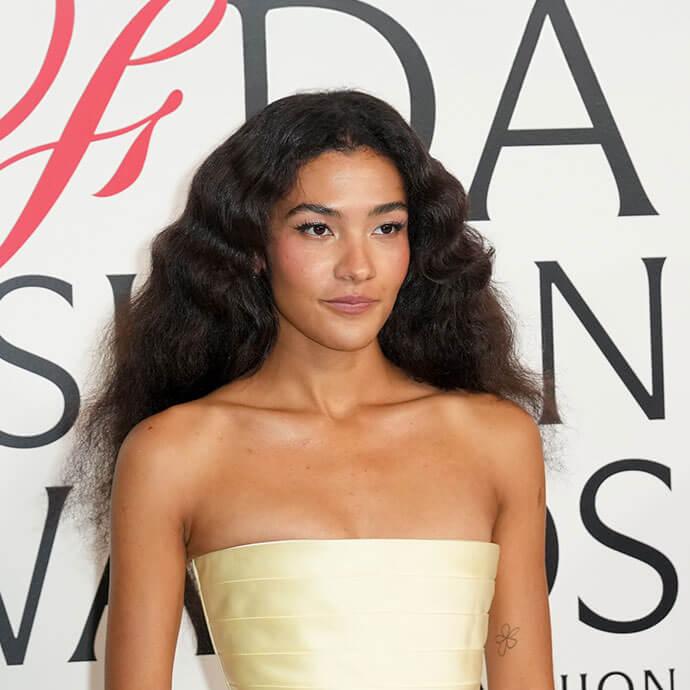
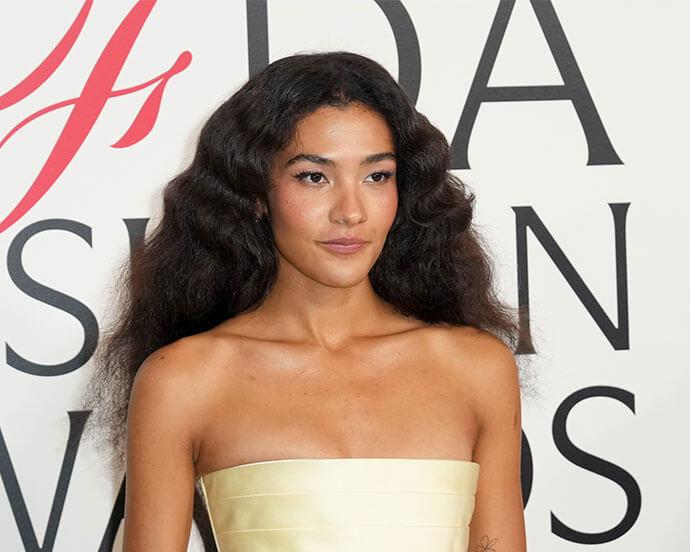
Hair
Cloud Curls Are the Anti-Crunchy Curl Trend We’ve Been Waiting For
Published on Jan 14, 2026 • 8 min read
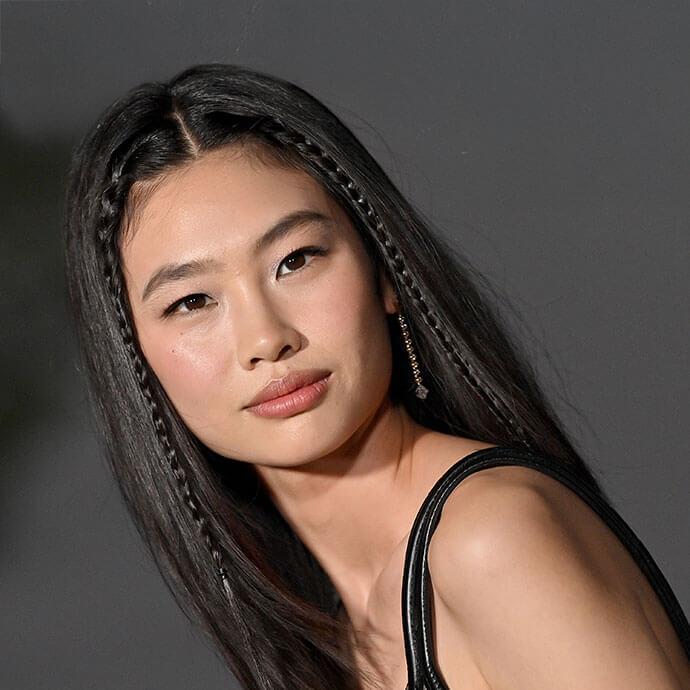

Hair
10 Easy and Cute Hairstyles That Take Zero Effort (and Time)
Published on Jan 12, 2026 • 6 min read


Hair
21 Easy Hairstyles to Enhance Your Natural Curls and Coils
Published on Dec 3, 2025 • 11 min read


Hair
The Ultimate Guide to Styling Short Hair
Published on Dec 1, 2025 • 11 min read


Hair
Scalp Exfoliation Is the Key to Healthier Hair—Here’s How to Do It Correctly
Published on Nov 21, 2025 • 9 min read


Hair
The 10 Best Hair Masks and Conditioners to Promote Hair Growth
Published on Mar 11, 2024


Beauty Picked Just for You
Get 5 products worth up to $70
Plus exclusive access to epic deals up to 80% off
Starting at just $14/month. Cancel anytime.